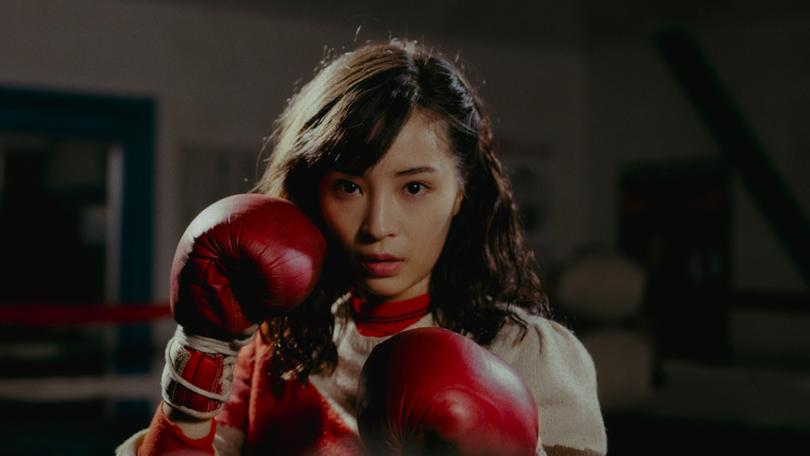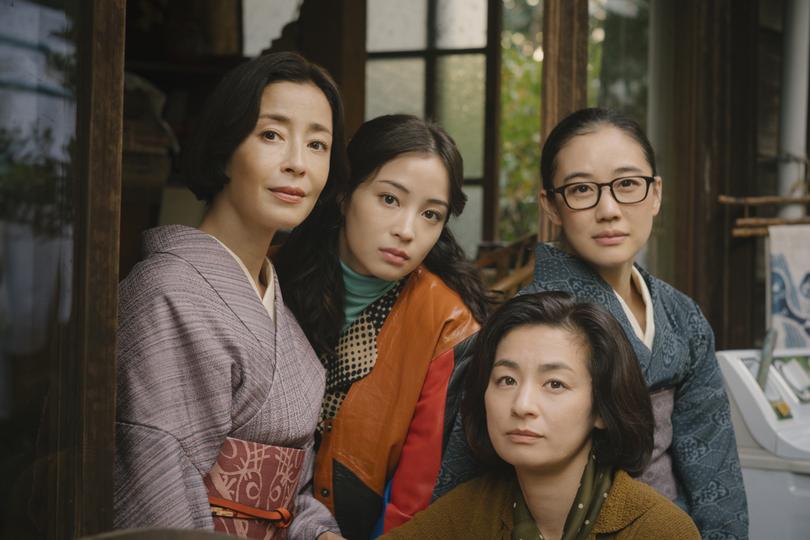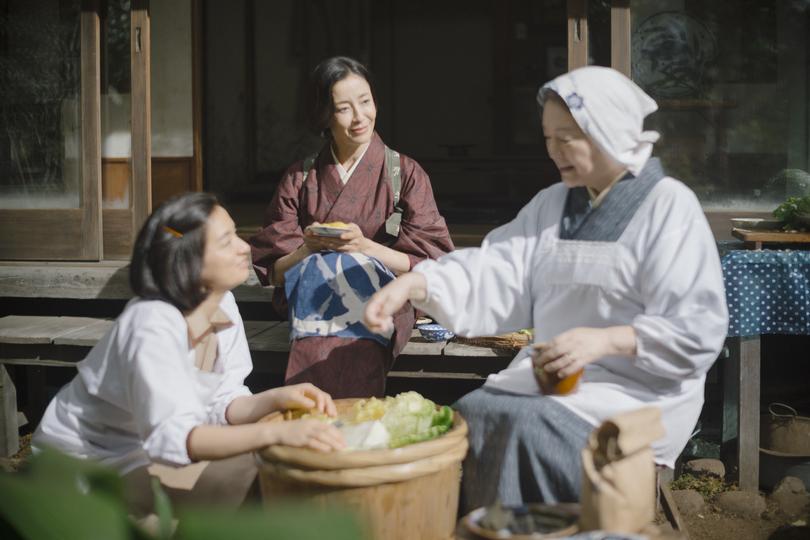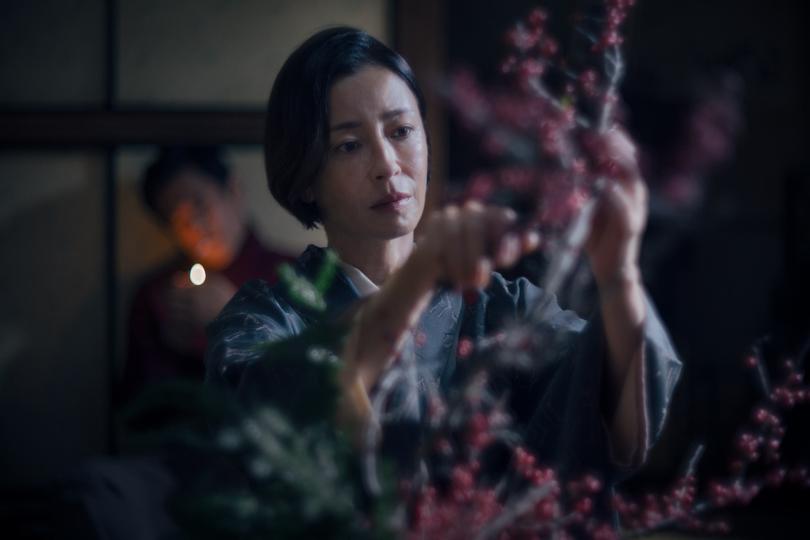Asura TV show review: Character-driven family drama is richly rewarding
Written and directed by legendary filmmaker Hirokazu Kore-eda, this character-driven Japanese drama is part of an endangered species.

With so many of today’s streaming shows obsessed with unravelling a mystery or driven by a propulsive but ludicrous plot, it’s rare to get a series that marinates in its characters’ lives and their relationships to each other.
Asura allows for that breathing room. It says to the audience, here are some interesting women, spend some time with them and see what happens, you might feel something, you might learn something, you’ll almost certainly come out the other side with more than you went in.
It’s not here to just give you some cheap thrills you forget as soon as the autoplay kicks you onto the next, equally mediocre show.
Sign up to The Nightly's newsletters.
Get the first look at the digital newspaper, curated daily stories and breaking headlines delivered to your inbox.
By continuing you agree to our Terms and Privacy Policy.Hopefully, audiences in 2025 haven’t been trained out of character-driven storytelling. Asura makes a persuasive case why it’s so rewarding.
Asura might be new to western viewers but this is a show with a significant lineage in Japan. The seven-episode show is adapted from Ashura no Gotoku, a groundbreaking 1979 series, based on its screenwriter Kinoko Mukoda’s novel of the same name. It established the template for Japanese family dramas.

It was remade in 2003 as a film and this 2025 version was written and directed by Hirokazu Kore-eda, the Cannes Palme d’Or winning filmmaking behind Shoplifters, After the Storm and Like Father, Like Son.
Kore-eda is a master of humanist storytelling with a particular penchant for thorny family dynamics. He understands that there is an unbreakable bond between kin, even when they’re at loggerheads. Family will disappoint and frustrate but like the Asura gods in South Asian religions, they contain multitudes.
Ultimately, those shared experiences carry too much emotional weight and history to be discarded.
This makes Kore-eda the perfect person to tackle Asura, a story centred on four sisters. The two oldest are Tsunako (Rie Miyazawa), a widow and ikebana teacher, and Makiko (Machicko Ono), a housewife.
Then there’s a big gap to the youngest two, the inflexible librarian Takkiko (Yu Aoi) and good-time waitress Sakiko (Suzu Hirose), who have fought their entire lives and spend all their time sniping at each other’s life choices.
Set in 1979 in Tokyo, the story kicks off when Takkiko calls her sisters for a meeting to share what she’s discovered through a private investigator – their elderly father (Jun Kunimura) has a mistress and secret child he’s been hiding from them and their mother (Keiki Matsuzaka).

They argue over how to handle the situation, and over the span of the series, the secrets and challenges of their own lives intersect with this revelation.
Tsunako is having an affair with a married client (Seiyo Uchino), which Makiko finds difficult to accept given their father’s betrayal and her suspicions that her own husband (Masahiro Motoki), a patronising, dismissive and interfering man, is banging his secretary.
Sakiko is dating a tempestuous aspiring boxing champion (Kisetsu Fujiwara) while Takkiko starts something with the investigator (Ryuhei Matsuda) who uncovered her father’s affair.
Almost all the men here are louts, although there is much more grace given to the girls’ father, who has a perpetual sadness about him.

But it’s not really about them and their philandering ways. Asura is about the women. They’re complex characters who can make bad choices, say hurtful things and act selfishly, which makes them human.
There’s so much shade and texture to these characters that by the end, you feel as if you know them. Kore-eda is interested in their inner lives and empowers his performers to shape them with all the foibles, desires and restraints that make up a whole.
By spending time with them, by osmosis, we also get a vivid portrait of Japan in 1979 with all of its social conservatism and tradition but the whiff of change as evidenced by how these women live.
There’s so much warmth and joy in just gathering at the table with them as they eat sukiyaki and laugh. No twisty murder mystery necessary.
Asura is streaming on Netflix

